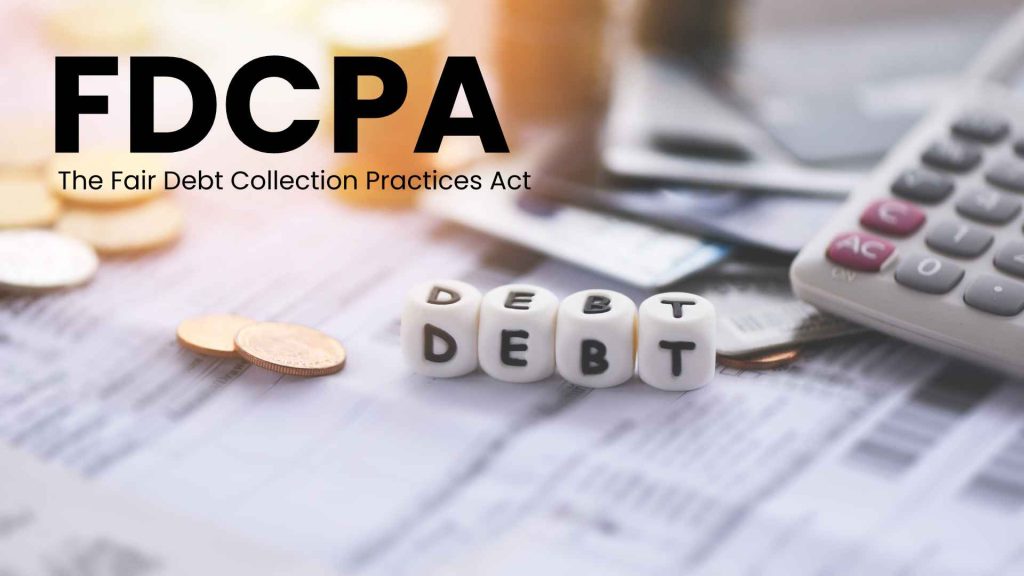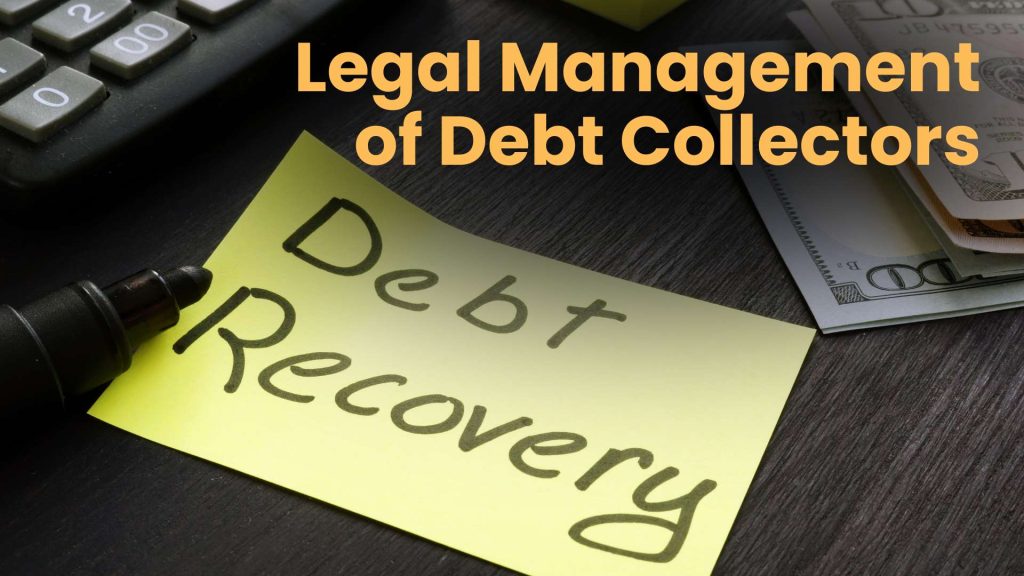
Understanding Your Rights During Debt Collection: A Legal Guide
A Legal Guide to Understanding Your Rights When Debt Is Being Collected
It can be stressful to deal with debt collectors, but if you know your legal rights, you can do it with ease. A lot of people don’t know that the law protects them from unfair things like harassment and fake claims.
You have rights under debt collection rules. This guide tells you what collectors can and cannot do and how to protect yourself legally.
1.What laws protect you from people who want to take your debts?
There are strict rules in many countries that stop unfair or abusive ways of collecting debts. The Fair Debt Collection Practices Act (FDCPA) is the most well-known law in the United States.
These are some of your legal protections:
• No threats or harassment—Collectors can’t threaten, insult, or use bad language.
• They are only able to call you between 8 AM and 9 PM, unless you give them permission to do so.
• Written proof of the debt—They have to give you a written notice within five days of their first touch with you.
• Collection agents can’t lie about how much money you owe or say they are lawyers when they aren’t.
• No touch at work—If you tell them that your boss doesn’t allow these calls, they have to stop.
Tip: Before you pay, always ask for written proof of the bill.
2. Things that debt collectors can do
Debt collectors have to follow the law, but they can still do things to get back money that hasn’t been paid.
• Legal Ways to Collect Debts:
• We will call, email, or mail you to get in touch.
• Giving information about your bills to credit bureaus, which could hurt your credit score.
• If the law allows it, sue you for debts you haven’t paid.
• You can dispute the bill or try to reach a settlement with the collector before the case goes to court if they sue you.
3. What to do if a debt collector calls you
If a bill collector calls you, you must do the following legally:
Step 1: Ask for proof of debt
Within 30 days, ask for a debt confirmation letter.
Who you owe, how much, and proof that they own the loan should be in this.
Step 2: Look at the time limit of the case
There is a legal time limit on how long you have to collect a bill.
That person can’t sue you for the bill if the time limit has passed.
Step 3: Challenge Wrong Debt Claims
Send a dispute letter if the bill is not yours.
Collectors can’t call you until they’re sure you owe money.
Caution: Never make a small payment on an old bill before making sure it’s still valid. Doing so can reset the statute of limitations, which means you could be legally responsible again.
4. How to Stop Debt Collectors from Calling You Too Much
You have the right to stop a collector from bothering you.
Your Right to Not Get in Touch: Send a “Cease and Desist” letter. This will make them stop calling you.
The Consumer Financial Protection Bureau (CFPB) wants to know about any threats or abuse.
You can sue them for up to $1,000 in U.S. fines if they break the FDCPA.
Know What? Some debt collectors buy old debts for very little money. They can’t collect the debt if they can’t show they own it.
5. How to Talk About Debt and Get a Legal Settlement
Talk to your creditors about lowering your payment. Some will take 40% to 60% of the amount if you settle quickly.
Ask for a payment plan. Some companies offer plans with little or no interest.
Get help from a debt settlement lawyer. They can talk to people on your behalf.
Important Advice: Before you pay, make sure that everything is in writing.
Last Thoughts: How to Keep Yourself Safe from Unfair Debt Collection ?
Debt collectors have to follow the rules, and you can say when they’re being unfair. If someone is trying to collect debts from you in an aggressive way, stay educated and, if necessary, go to court.
Need Some Legal Help?
You might want to get help from a consumer rights lawyer or a debt advisor.


